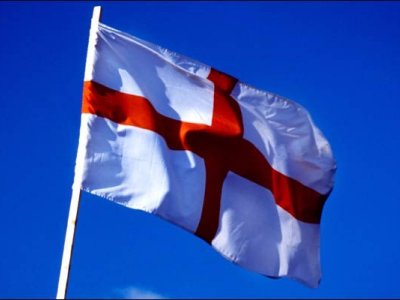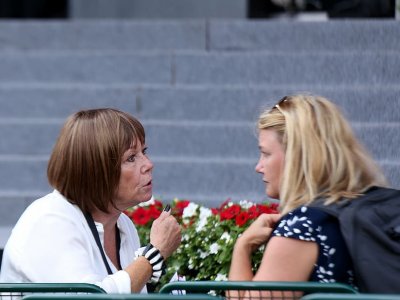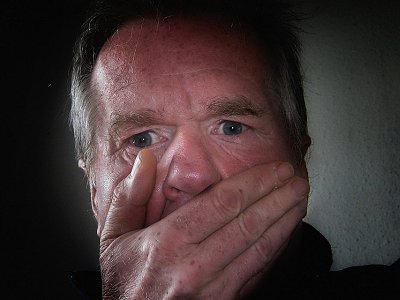
LET’S HEAR IT FOR ENGLAND (IN THE NICEST POSSIBLE WAY)
What does it mean to be English and how is it described?
It is a surprisingly difficult question to answer even for someone like me who has spent their whole life in England.
One reason is the multi-layered identity that goes with being British. Many English people talk about England when they really mean Britain; it’s an understandable confusion but one that irritates many Scottish and Welsh people. Sometimes English people simply can’t see the problem of conflating Englishness and Britishness and so it is not surprising that people from other countries get confused. Internet search engines like Google do, as well. Browsing for key English values and characteristics tends to produce a British list instead and, in any case, there isn’t much difference between English and British in these goods when it comes to it.
In one modern poll which asked for the signs of being British, it listed these for a top ten:
-
1. Talking about the weather
-
2. Queueing
-
3. Having a roast dinner on Sundays
-
4. Putting the kettle on in a crisis
-
5. Liking fish and chips
-
6. Using tea as a cure for everything
-
7. Saying ‘sorry’ too frequently
-
8. Saying please and thank you
-
9. Dunking biscuits in tea
-
10. Going to the pub
You could be speaking about England. And perhaps the respondents were.
Scottish nationalists may have a different take on the culture question; they certainly do on politics. Presently in 2023, Scottish nationalism is going through a difficult phase but this is not because people like the idea less in Scotland; it’s because the Scottish National party is experiencing a rocky time. English people who want to keep the union intact should not be complacent about this, not least because younger generations tend to be more nationalist and political sands can shift quickly.
If Scotland becomes an independent country, it would at a stroke have huge implications for England and Wales, whose own identities would be re-shaped by a decision taken elsewhere. It bears spending more time planning for this possibility.
Jason Cowley, editor of The New Statesman has written a beautiful book, Who are we now? (Picador, 2023) addressing the English question and he has approached it in a fascinating and mature way by telling stories of modern England and allowing readers to draw their own conclusions from his generous and open-ended style. Yet he closes with some challenging questions.
Political classes which have told lies (Iraq and Brexit, among others) are being rejected by ordinary people. Institutions, a quintessentially English (and naturally, British) thing are traduced; less trusted than ever before. The late Chief Rabbi Jonathan Sacks identified this last question round institutions as the biggest crisis facing the nation. Centralisation and individualisation have torn apart the carefully knitted social fabric and Covid has made this worse.
There are very few specifically English institutions but the Church of England is one of them. The political commentator, Philip Collins, has identified the role it might play if England becomes a separate country. But Anglicans should beware of a similar hubris to those who conflate England and Britain. Political parties owe much not just to the contribution of the Anglican Church but also to the Roman Catholic Church and the non-conformist Churches, which have informed liberal and socialist parties especially.
If it feels like the English have a strong cultural amnesia round the role of the Christian faith in shaping the nation, it does not mean the memory loss must be permanent. It has become lazy shorthand in England to write off the Church as narrow and bigoted. While there are genuine allegations to address round this, there is another story to tell. Politics is becoming slowly radicalised, with more extreme positions being mainstreamed. The goal may be to neutralise the threat of extremism but this is often done by mainstream politicians themselves adopting slightly more chauvinistic positions. Eventually, these additions may accumulate into policies we simply won’t recognise from our recent past.
The Christian tradition is welcoming and hospitable; it respects conscience and difference and cherishes justice, peace and liberty. An English Church should stand for these qualities, which are a gift from God. It may have to fight for them more than it expects to in the years ahead. If Englishness means anything, it won’t have to do this alone.





